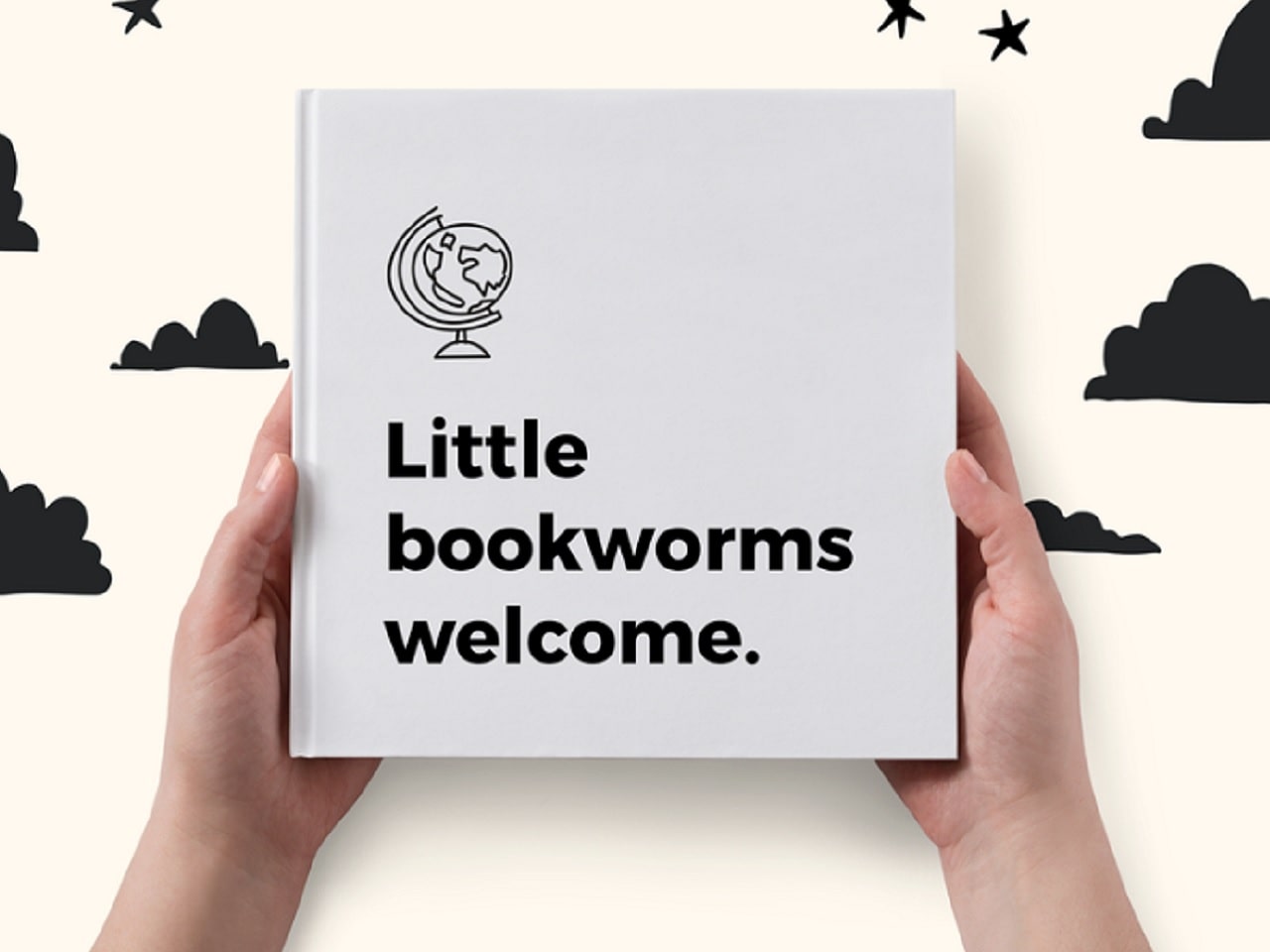Daffodil Lane Books in Mumbai takes a new approach to children's publishing
on Jun 10, 2022

Sanya Podar worked as a communications consultant in London after graduating from the London School of Economics (LSE) in 2013, but after a while she found herself taking vacations from the "regimented and restrictive corporate writing" and resorting to novels she had read as a child to clear her mind
"I'd reread my favourite children's novels to keep inspired," Podar explained. She was awestruck by the children's literature she witnessed being produced in London, having grown up on a steady diet of the same as a child. That's when the notion of developing a local brand for children's books struck her. "I also wanted to put quality children's material on the map in India," she stated.
"Nothing has more cognitive and emotional benefits than sitting down with a book and turning pages with your child – and it should not be replaced with an electronic screen or pushing buttons," said Podar, founder of Mumbai-based children's publishing business Daffodil Lane Books (DLB). The goal of DLB is to share the joy of reading by introducing youngsters to accessible, enjoyable books. Podar's childhood inspired the idea for the publishing house. Her favourite memories were going to bookstores with her mum and attending school library sessions. Even as an adult, she found herself returning to her favourite children's literature.
Podar returned to India and started DLB, which was inspired by her father's childhood nickname for her, 'daffodil.' It still brings back memories of "a time when I was intrigued about the world”.
DLB is an independent, boutique publishing company specialising in slow publication — in contrast to today's fast-paced, commercial publishing climate, they intentionally issue only a few volumes per year. "Because I adore reading, the idea was to spread that love to the world through children — to create and encourage the use of picture books for enjoyment and as a springboard for discussion and animation rather than simply creating 'hurry along' books to keep kids occupied in order to keep them quiet," she explained.
While encouraging children's love of reading, Podar is also eager to introduce them to pressing current issues such as low self-esteem, deforestation, and animal empathy without being preachy. "We chose our materials with care and address our questions carefully," she explained, "without ruining the readers' innocence or making them apprehensive about the world or the future."
So, when it comes to dealing with issues such as climate change, DLB has established a happy medium in which the earth may be discussed without frightening youngsters. "We are continuously assaulted with climate change news, and it is our responsibility as caregivers and content creators to deconstruct it for them and absorb it in a way they comprehend," Podar said. For storytelling, literary modes such as wit, comedy, and gorgeous graphics are used. "We strive to leave readers empowered or at least with the impression that things can change if they want them to," she continued.
DLB's list is varied. There's a Leopard in My House by Vaishali Shroff and Urvashi Dubey is a story about a small girl named Leela who comes home from school to find a leopard at her door, with themes such as deforestation, conservation, and empathy. Don't Intrude on My Mood, by Rea Malhotra Mukhtyar and Urvashi Dubey, is about a small cat who is angry all day until he discovers a method to deal with it, touching on themes of emotion control and dealing with challenging situations. Rea Malhotra Mukhtyar and Urvashi Dubey's recent book, There's Coriander in My Sugar Pot, is about moms and their particular significance in our lives.
Podar's goal is to establish a think tank for publishing change by encouraging writers and rising readers to think differently and approach contemporary concerns with a complex, layered thought process. "I intended to cause a paradigm change," she explained. DLB accomplishes this in addition to focusing on content by using recycled paper for their picture books and collaborating with emerging and established talent.
Following the acceptance of draught proposals, the publishing firm invites manuscript input from early childhood experts. After editing, the text is given to in-house illustrator Urvashi Dubey, who creates a storyboard. "This is a critical stage in the manufacturing process. Although it is difficult to find the ideal length for picture books for youngsters, it is critical "She stated. "The characters are either culturally inclusive or culturally neutral."
"In this day and age of screen time, books are essential: they introduce language, increase comprehension, and, most significantly, help youngsters get perspective," Podar said.



.jpg)






.jpg)

.jpg)
.jpg)
.jpg)
.jpg)
.jpg)










Sorry! No comment found for this post.